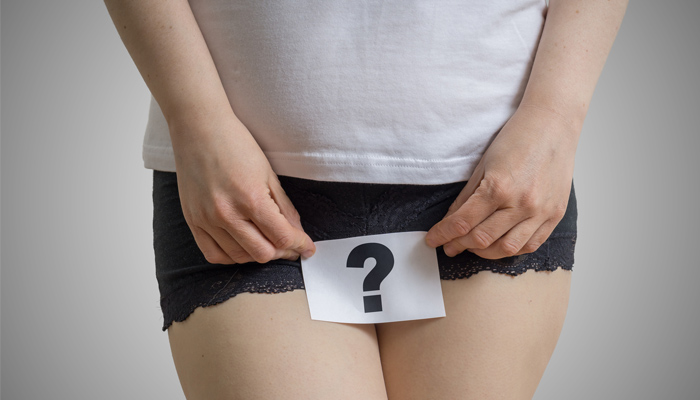
Vaginal Dryness Symptoms and Treatments
Vaginal dryness can happen to any woman, but most commonly occurs in those experiencing menopause. Hormonal changes reduce the amount of lubrication in the vagina, causing dryness, discomfort, and itching. If you suffer from vaginal dryness, your doctor may recommend prescription or over-the-counter solutions to ease your discomfort.
Causes of Vaginal Dryness
In addition to lower estrogen levels that occur during menopause, the following conditions may also contribute to or cause vaginal dryness in women of all ages:
- Motherhood. Both the birthing process and breastfeeding can cause fluctuations in hormone levels.
- Cancer treatment. Chemotherapy and radiation treatments can cause hormonal changes.
- Certain medications. Antihistamines and some antidepressants can result in dryness.
- Douching. The vagina is self-cleaning; it rarely needs douche-like cleansing. The act of douching can eliminate the natural lubricants in the vagina, resulting in dryness.
- Infection. An infection in the urinary tract or vagina may also reduce vaginal lubrication.
Other factors may also cause or contribute to dryness. Lack of stimulation prior to sex and certain illnesses may play a role in the condition.
Experiencing Vaginal Dryness
Women who suffer from vaginal dryness may experience a range of symptoms including itchiness, discomfort, and pain. In turn, these experiences may result in a decreased interest in sex and pain during sex, painful pap smears, and general discomfort in daily life. Vaginal dryness is a common and very treatable condition. We recommend that any woman who experiences these symptoms speak to a qualified health professional.
Treating Vaginal Dryness
To determine the proper treatment for vaginal dryness, your physician will likely ask questions and conduct a physical exam to look for redness and thinning of the vaginal walls. Understanding the root cause of the condition is the key to proper treatment. The most common forms of treatment include:
- Estrogen therapies. For hormone-related dryness, your physician may recommend some form of localized or general hormone therapy to promote vaginal lubrication.
- Topical treatments. For non-estrogen-related dryness, your physician may recommend some simple at-home treatments including moisturizers and lubricants designed for vaginal use.
- Other treatments. Depending on your situation, avoiding irritating soaps, taking more time during foreplay, and enjoying warm baths may all provide relief.
Every situation is different and may require a unique treatment approach. Discuss your situation with your physician and don’t be afraid to share as much information as possible. Often, the answer is a simple fix that provides immediate comfort. You deserve to enjoy sex and other normal activities without pain or discomfort.
